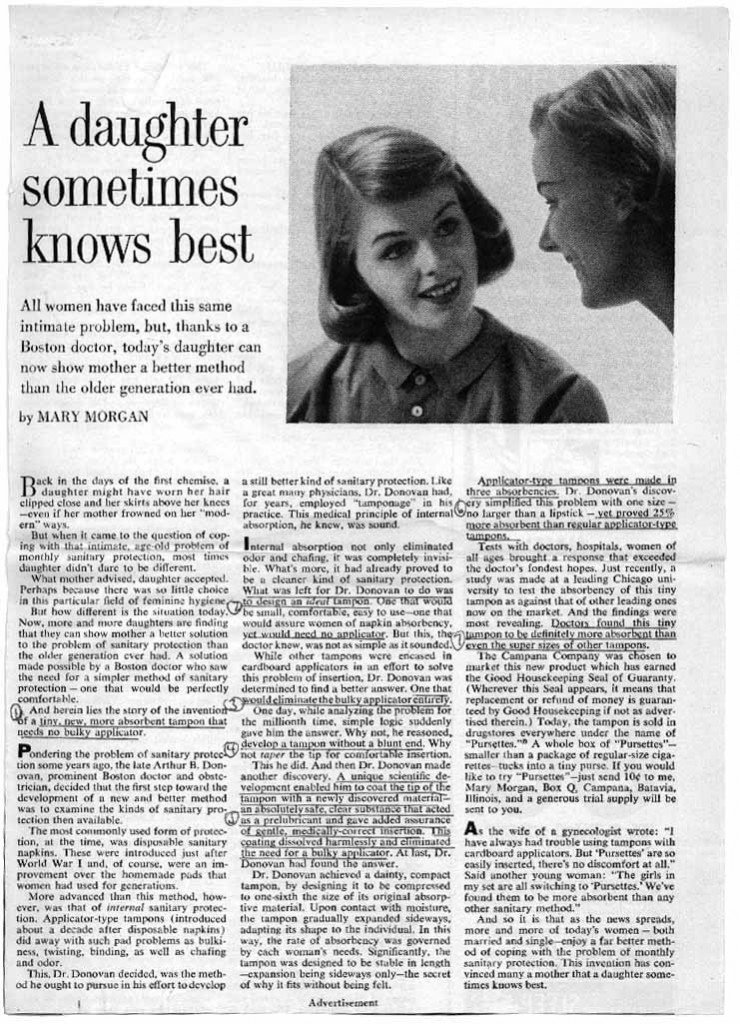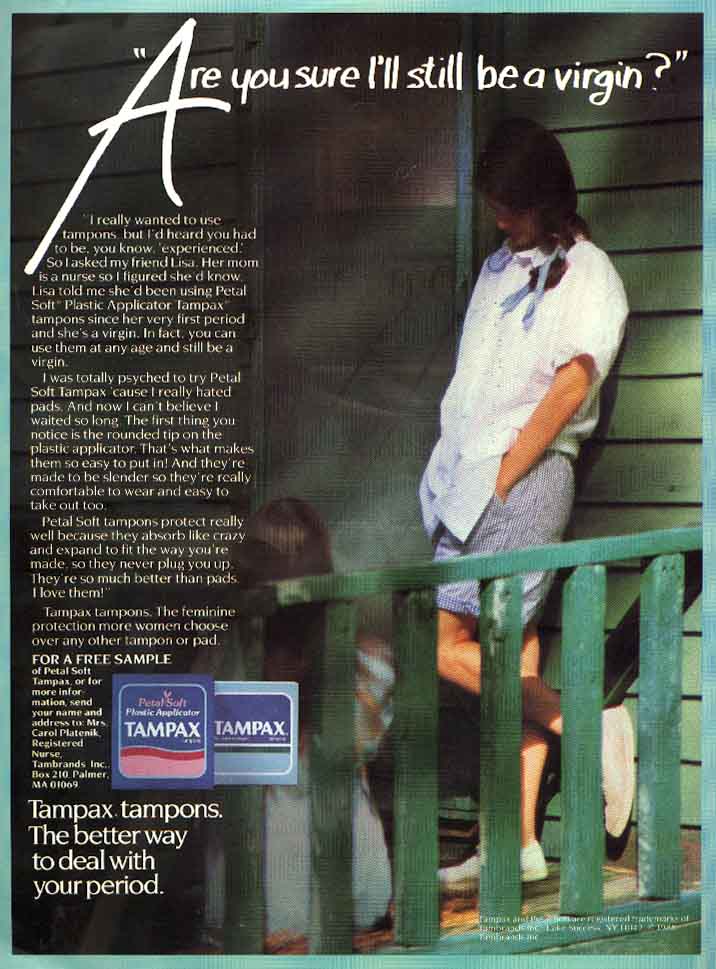In previous posts on Gossip Girl promotions and the New Beverly Hills 90210, we’ve argued that daily life is becoming increasingly pornified. That is, features of the genre of pornography are being mainstreamed and porn is now, more than ever in modern history, everywhere.
I couldn’t help but this of this concept of pornification when I investigated the Burger King Shower Cam website, sent in by Catrina C.
Text: “Watch our shower babe shake her bits to the hits every morning.”
Um, yeah, so everyday you can go to the website and watch a girl in a bikini sing a song in the shower (don’t miss the burger boobs). You can also vote on the song and bikini for the next day, as well as enter into a contest for a date with the girl. If you don’t win the date, you may still be a lucky runner up and win Burger King “proper man toiletries”:
Yep, Burger King hygiene products.
Word on the street is that the products are a joke; they actually smell like meat.
Has Axe been so successful in using misogyny to pitch its products that Burger King feels that it must sell toiletries to fully get on the pornification bandwagon? I just don’t know.
In any case, as A Sarah points out at the Shapely Prose, this is insulting to women and men both. Apparently Burger King presumes men are stupid or shallow enough to be impressed by BKs facilitation of bit-shaking and, therefore, that the campaign will actually translate into a desire to consume their product (as opposed to a desire to avoid it).
The fact that it’s supposed to be funny doesn’t make it better, it makes it worse. Because, really, this is the kind of humor they think men respond to? “Hahaha. She’s wearing a bikini and it looks like there are fried eggs on her boobs! Hahaha!” “Hahaha! I smell like meat!” Dudes, Burger King thinks you’re stupid.
Lisa Wade, PhD is an Associate Professor at Tulane University. She is the author of American Hookup, a book about college sexual culture; a textbook about gender; and a forthcoming introductory text: Terrible Magnificent Sociology. You can follow her on Twitter and Instagram.

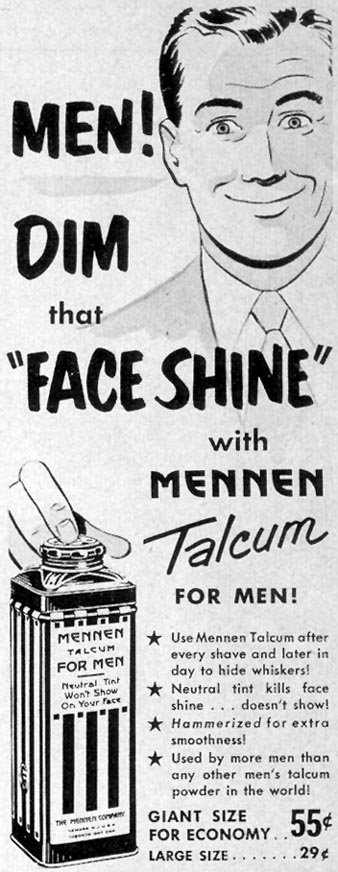
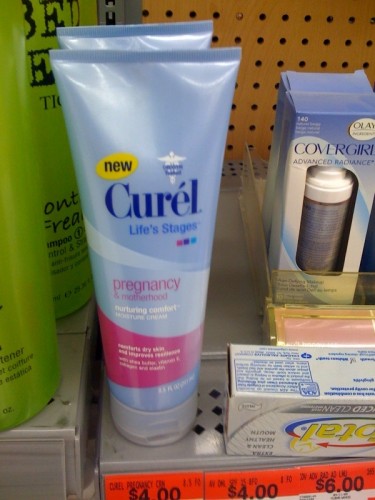
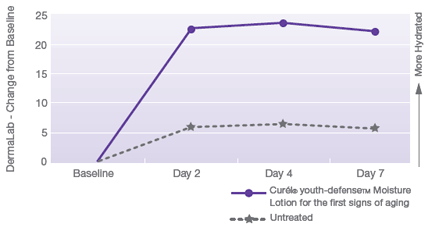
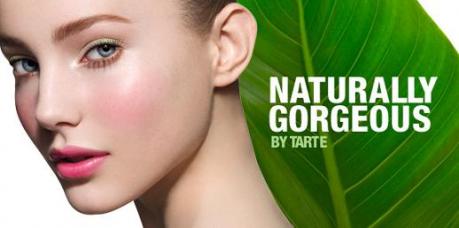

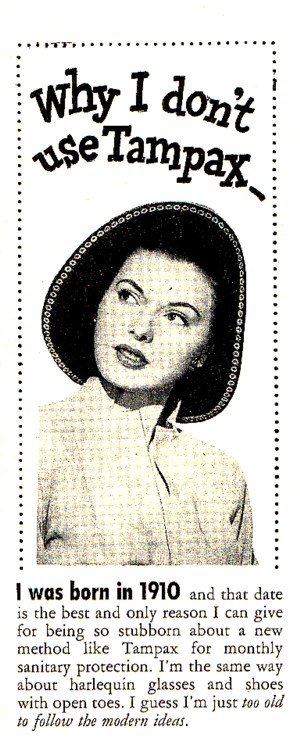
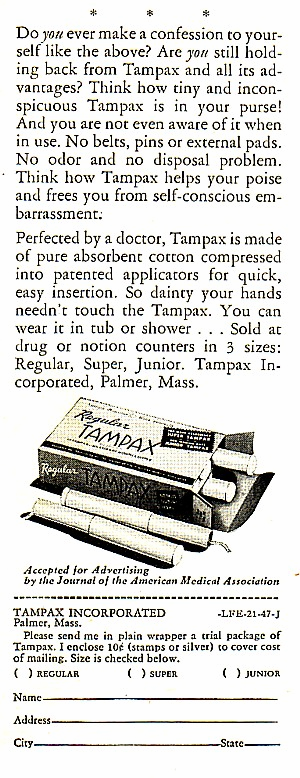 Similarly, in this ad, a daughter instructs her mother on advances in managing “intimate problem[s]”:
Similarly, in this ad, a daughter instructs her mother on advances in managing “intimate problem[s]”: